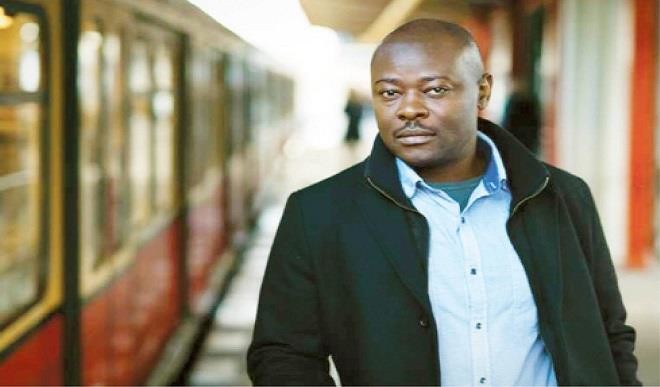How I found my characters – Helon Habila
WM: What was life as a writer before you moved to the United Kingdom? Helon Habila: I was a journalist in Lagos, and before that I was a lecturer at the Federal Polytechnic, Bauchi-these seem like another lifetime ago. It was an ordinary life, like that of many average young Nigerians. I spent most […]


WM: What was life as a writer before you moved to the United Kingdom?
Helon Habila: I was a journalist in Lagos, and before that I was a lecturer at the Federal Polytechnic, Bauchi-these seem like another lifetime ago. It was an ordinary life, like that of many average young Nigerians. I spent most of my time reading and writing and going to writers meeting and conferences in Lagos.
WM: In 2002, you published your debut novel, ‘Waiting for an Angel’, the story of Lomba, a struggling journalist and poet. Did it, in any way, mirror your experiences back in Nigeria when you were a journalist?
Habila: Lomba is a young Nigerian growing up in adverse times, grappling the forces of corruption and disillusion that every Nigerian youth knows so well. The truth is that young people don’t have to go through all these to survive in this country. They don’t need to be reduced to criminal acts and cutting corners just to live with dignity. Our nation has one of the youngest populations in the world. I believe over fifty per cent of the nation population is under thirty years old. We can turn that into an asset or a liability. At the moment it is a liability. Today, there aren’t enough programmes or plans aimed at empowering the youth. No national sports plan, or mass employment plan, even the NYSC scheme has become moribund and an avenue for bureaucrats to line their pockets. We need plans for mass apprenticeship and mentorship that will ensure a smooth transition for our youths from students to workers. We need to start it from the secondary school level, not just at NYSC. As it is, a graduate has to pay bribes of hundreds of thousands of naira to get employment. What do you think they will do when they start work? Look at the Abba Moro case, what happened to him? Nothing. We should have used that tragedy as a wake-up call and set our best minds to work on future plans for employment and empowerment of youths. That is what Lomba and ‘Waiting for an Angel’ is about.
WM: Your second novel, ‘Measuring Time’ was published in 2007, a story about a family and community in northern Nigeria in the 1980s and early 90s. Was having a twin, Mamo and Lamamo, as central characters an original idea for the story?
Habila: Well, originally I wanted to have just one character who would undergo the experiences the twin go through, but it became hard to execute. It was almost impossible to have one character travel like Lamamo does and also stay in the village and do the things Mamo does, so I split the character into two. Writing is about trial and error, you begin and then you make changes as you go along. A writer must be intellectually flexible and adventurous.
WM: One of the twins in ‘Measuring Time’ had sickle cell anaemia and thrived despite his ailment. Were you trying to give hope to those suffering from the disease?
Habila: No, I wouldn’t say that was my primary purpose. I just wanted my character to have a big handicap against which he would struggle. Difficulties in life and also in fiction build character and by the end of the story, we see how Mamo has grown and changed, mainly because of his sickness. His sickness, in the end becomes a blessing. It makes him the intellectual and thinker that he ultimately becomes.
WM: You have written about the oil crises in the Niger Delta and now the Chibok Girls. How do you think the Nigerian government can tackle insurgency and militancy once and for all?
Habila: Well, I am not sure I can tell them how to do it. But I can tell you they can’t do it by paying off every militant who threatens to destroy installations and kill people; they can’t do it by neglecting the youth; they can’t do it by neglecting education in places like the north or anywhere else in the country. The Nigerian youth are restless, they feel underappreciated, they feel neglected, they are hungry and most of all, they are uneducated. Opportunities have dwindled drastically compared to ten, twenty years ago. It breaks my heart to see the young just sitting idly with no avenue for self-improvement. That is not a good thing. In some parts of this country, a young man will kill for as little as five thousand naira. We haven’t even started talking about the drug epidemic that is sweeping through parts of the country, which no one is willing to acknowledge. I don’t want to sound like a doomsday prophet, but if we don’t do something quick, the prognosis is not good.
